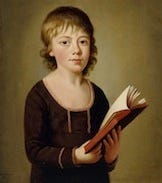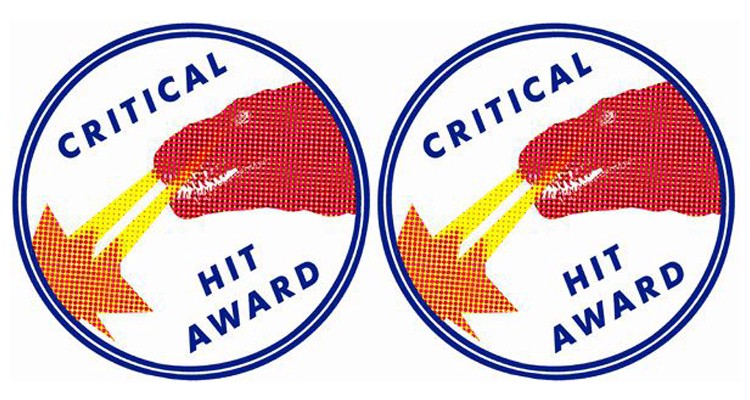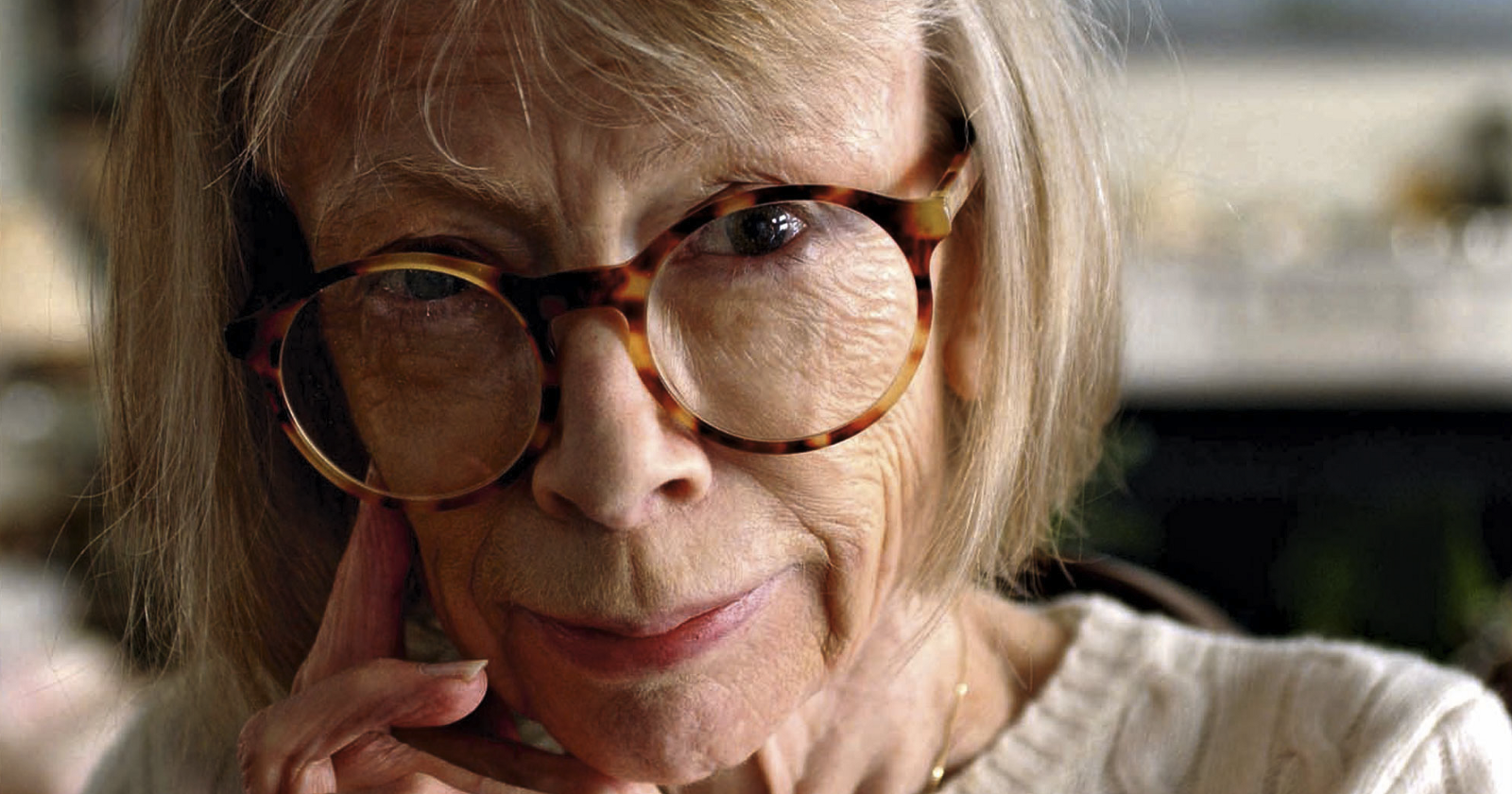Reading Lists
CRITICAL HIT AWARDS: Winners Picked by Laura Miller of Salon

Welcome back to the Critical Hit Awards for book reviews. This is a round-up, a recommended reading list, and — why not? — a terribly prestigious and coveted prize. Winners receive a bang-up gift from Field Notes, our beloved sponsor. Nominate your favorite recent review by tweeting it at @electriclit with the hashtag #criticalhit, or cast your vote in the comments section below.
Our guest judge is Laura Miller, a co-founder and staff writer at Salon.com.
Electric Literature: You’ve been writing for Salon for nearly 20 years. In that time, book reviews have largely migrated from print publications to join you on the web. How do you think reviews have changed as a result of their migration?
Laura Miller: I think the public’s idea of what reviews mean has changed a lot, and that only some reviewers have caught up to it. This has to do with the authority — usually institutional — invested in any particular review. You still hear people say “The New York Times loved this book,” when really it’s just one of the staff critics there who loved it and probably no one else who works there has even read it. Nevertheless, I think the informality of web publishing and the proliferation of amateur reviewers on sites like Amazon and Goodreads have made many more people than ever before aware that any given review is not the last word on a book.
Reviews are seen more as points in an ongoing argument, which to me is a welcome change.
When a critic — like Pauline Kael, for instance — develops a large body of work, we can look back and identify her major themes and arguments. Do you keep your own larger themes and arguments in mind when you review, or are you taking each book as it comes?
A certain chunk of my “criticism” lies in picking the books I’ll review — I look at several for every one I write about. And there are dozens more that I eliminate out of hand for one reason or another. That stage of the reviewing is the most programmatic, because I know that some books interest Salon’s readers more than others, and other books (say, a 500+-page, densely written biography) just aren’t practical for me to review in a week. But by the same token, it’s beholden on me to mix it up a lot because our readers are interested in a wide variety of subjects.
Once I’ve picked something, I do have specific preferences, but these also have to be measured against what the book is meant to be doing. You can’t indict an author for not writing a book she never set out to write in the first place. I’m sure someone looking at the hundreds of reviews I’ve written could see some patterns emerging:
I don’t have much patience for writing that I call “pretty-pretty,” where Language just accumulates on the page like plaque, insistently calling attention to itself.
I think a little landscape description goes a long way. I prefer witty to broad humor and roll my eyes at bad-boy narratives. But unlike Kael, I don’t have such an emphatic idea of what a book *should* be, except that it should not be boring. Alas, so many are. Still, I like to think that the right book can talk me out of my prejudices. I used to go around saying I couldn’t stand novels about 1) stage magicians and 2) rabbis in Prague, but then along came The Amazing Adventures of Kavalier and Clay.
What’s the one thing you could hear about a book that would make you feel like you absolutely had to read it?
It’s less what than who. There are fellow readers out there whose recommendations I consider golden. These are handed back and forth privately, since I have no faith whatsoever in blurbs. We send each other emails and ask what we’re liking these days. Lev Grossman is one. So is Kelly Link. Jonathan Franzen used to recommend books to me, and they were always good, but he hasn’t in several years. Elizabeth Hand, a novelist who should be better known, is another. I have a friend in Minneapolis, Melissa Klug, who works for a paper company and gets a lot of advance reader copies that way, and her tips are always worth checking. And then I know a lot of people who work in publishing. When they tell me that they love a book published by another house, I know it’s got to be great.
What I most want to hear about a novel is that somebody started reading it and lost all sense of time and place. Who doesn’t want that immersion in a fictive world? With nonfiction, which is mostly what I review for Salon, I want to hear that the ideas or information or narrative in the book has changed the way that reader sees the world, on whatever scale.
And the winners are…
Kiesling, who writes for the Millions and not enough other places, is just about my favorite regular book reviewer, and I also love the Tournament of Books. When it comes to critics, I’m less fond of the school of disembodied pronouncements emanating from the cloud-shrouded peak of Mt. Olympus than the type of review that reflects the idiosyncratic nature of reading itself. It’s an approach that comes from movie criticism: in other words, Pauline Kael and David Thomson are writers who mean more to me that Dwight MacDonald or Alfred Kazin. Kiesling always writes about what it feels like to read a particular book, an approach that can be slipshod and solipsistic in amateur hands (which is where you most often find it). When done right, however, it can be sublime, but perhaps more to the point it strikes me as more true. This is the usual top-notch Kiesling performance, even if the two books in question don’t fire her up as much as some of the other things she’s written for the Millions. Her series on reading the Modern Library is not to be missed.
As for the Tournament of Books, as someone who’s been on more than one prize jury, I find the transparency it brings to the decision-making process endlessly fascinating. Why do some readers like certain books more than others? What makes a reader decide one book is “better” than another — a related but different question. I suppose some people would call the bracket device artificial or overly competitive, but to me it’s the height of realism: Each of us is only going to be able to read a limited number of books in our lifetime, and these are choices readers make every day.
Leslie Jamison on MFA vs NYC for The New Republic
Call me a Marxist (although you’d have to be pretty dumb to do so) but I firmly believe that the means of production tend to determine what is produced. That’s why I found Chad Harbach’s rundown of the two primary economic models for supporting fiction writing in America to be refreshingly honest. Jamison doesn’t entirely concur with Harbach (and perhaps I don’t either — I just think it’s a phenomenon that ought to be talked about), but she understands what Harbach was getting at better than anyone else who wrote about the essay “MFA vs NYC” and the anthology named after it. Many reviewers seemed to think the book was a referendum on MFA degrees and the need for aspiring novelists to live in New York. This review is smart, thorough and informed by personal experience without being blinkered by it.

Tim Parks on “Where I’m Reading From” for The New York Review of Books
This isn’t the very strongest of the series of blog posts Parks writes for the NYRB web site — that would be a post from last fall about the evolution of a “global style” in fiction — but I get the impression that few people are aware of the excellent column-like essays he writes there. And this essay is also not technically a book review, but it is most definitely an example of the sort of writing about reading I admire. Parks describes how his own internalized geography of taste was first laid down in his childhood, where each of the rooms in his family’s home contained books of a different category, reflecting the appetites of his sister (Georgette Heyer romances), his brother (science fiction), and his father (parched and learned biblical commentary — the family was evangelical). To this day, Parks is put off by “literary exhibitionism; intellectuality as an end in itself, self-indulgent performance whose main intention was to encourage the reader to concede that the author was smart” because they remind him of his father’s books. How much of what we love and hate in a book is determined by these highly personal influences and memories? This seems like a subject most critics have barely touched upon in their earnest scramble to present their opinions as definitive or invested with some special authority.
***
Congratulations to our winners! Please contact Brian Hurley to claim your Field Notes prize.
Read a good review lately? Nominate it for a Critical Hit Award by tweeting it at @electriclit with the hashtag #criticalhit or cast your vote in the comments section below.
***
– Laura Miller is a journalist and critic living in New York. She is a co-founder of Salon.com, where she is currently a staff writer. Her work has appeared in the New York Times Book Review, where she wrote the “Last Word” column for two years, the New Yorker, the Guardian, Harper’s magazine and other publications. She is the author of “The Magician’s Book: A Skeptic’s Adventures in Narnia” (Little, Brown, 2008) and editor of the “The Salon.com Reader’s Guide to Contemporary Authors” (Penguin, 2000).
– Brian Hurley is Books Editor at The Rumpus, Founder of Fiction Advocate, and Curator of the Critical Hit Awards.









